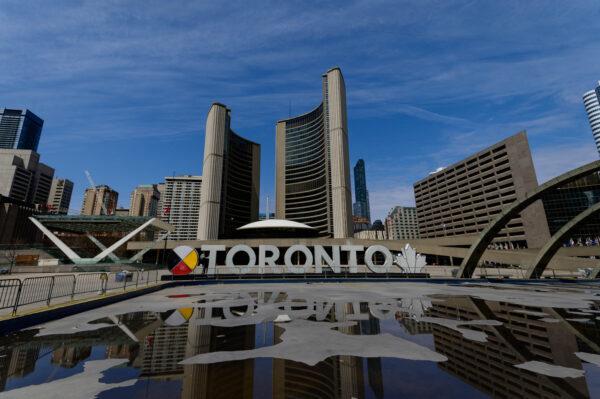Toronto City Council has passed a bylaw that will prohibit protests near places of worship, schools, and daycares by introducing “bubble zones.”
Council debated the issue for hours on May 22, passing the motion 16-9 following several amendments to the original motion.





